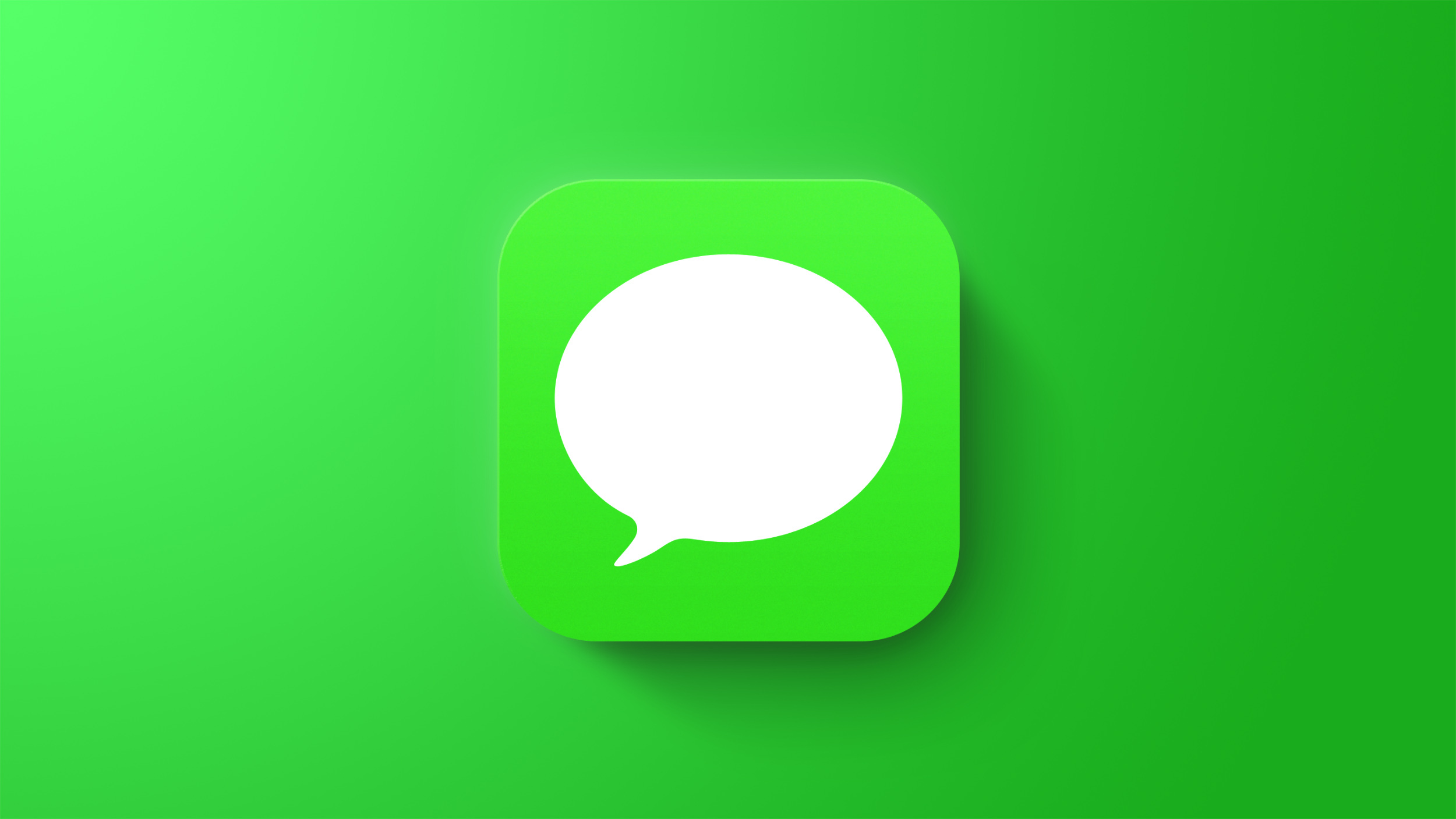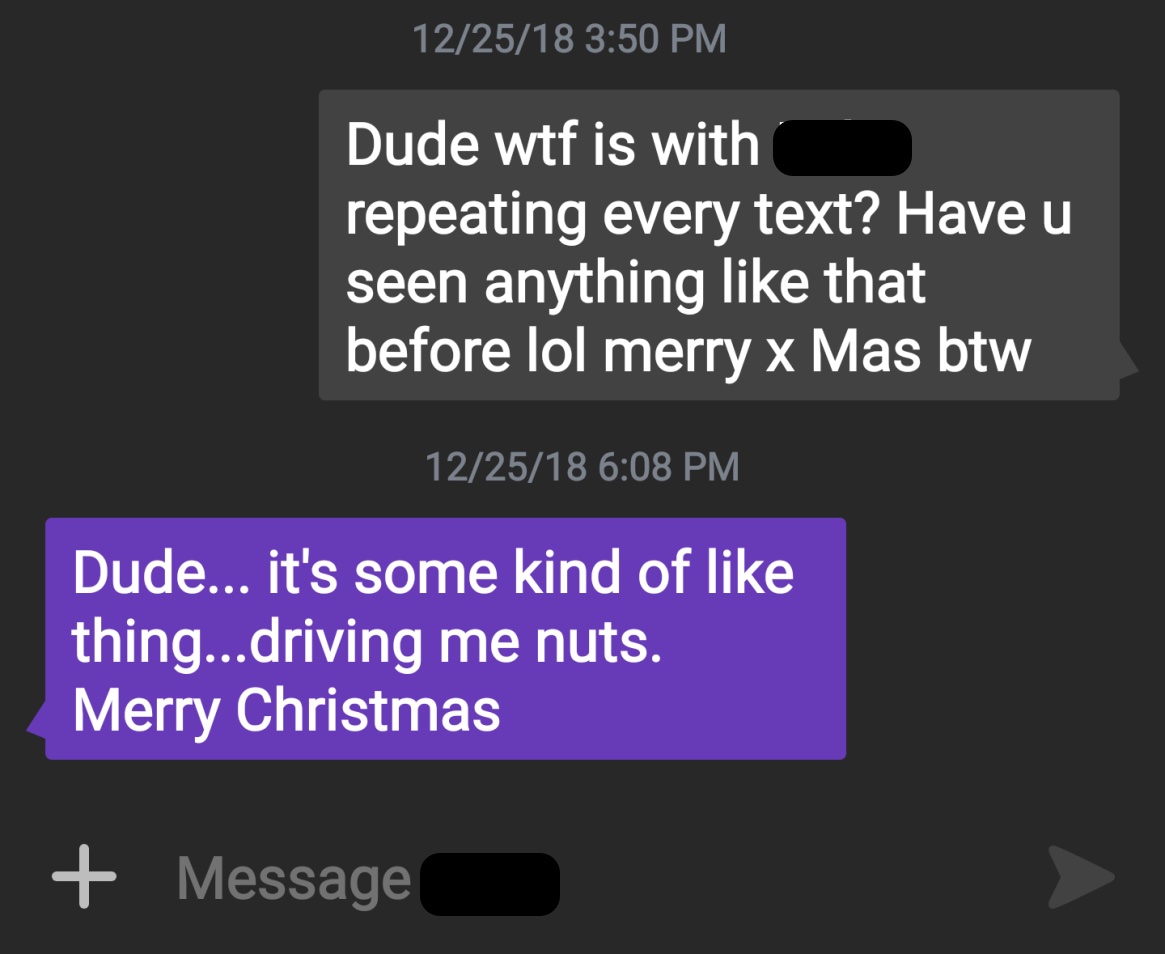
In the Messages app on iOS and Mac devices, users can add a reaction like a heart, thumbs up, thumbs down, a laugh, a question mark, or an exclamation, all of which show up as annotations to an iMessage. These reactions can also be used on "green bubble" messages from Android users, but Android doesn't interpret them correctly and it can lead to awkwardness.
If you heart a message on an iPhone, for example, a fellow iPhone user will see a little heart on the message. On Android, though, when you heart a message it shows it in text: [Person] "Loved" and then the text of the message. This is true of all of the iMessages reactions, Google turns them into text in a way that looks weird, especially if Android users aren't aware of iMessage reactions.
9to5Google looked at the code in the latest beta update to Google Messages and discovered that rather than showing iMessage reactions as text, Google Messages may soon translate them into emoji, which would be a much better solution for Android users.
"Show iPhone reactions as emoji," reads a line of the code, under the "ios_reaction_classification."
For now, it's not clear exactly how this "classification" would work, but one would imagine Google Messages would spot incoming messages that start with something like "Liked" and try to match it to a previous message. Once it's figured out what message is being reacted to, perhaps Google Message will hide the incoming iMessage fallback and instead show an emoji under the original message.Displaying an emoji for an iMessage reaction could avoid some of the awkwardness in interactions between iOS and Android users. My sibling once told me a story of a new co-worker who joined an existing group text chat that consisted of people who used Android devices.
That said, iMessage has a different set of reactions than currently offered by Google Messages in RCS chats. Google may be accounting for this, as there is mention in the code of "mapping" the iMessage reactions, possibly mapping to the set of reactions available in Google Messages today, or perhaps just mapping to various emoji.
The new co-worker had an iPhone and was regularly using iMessage reactions on incoming messages, and for the Android users, it repeated the message he was liking and then was adding "Loved" to the front of it. He did it "50 times over the course of a weekend." The Android users weren't aware of iMessage reactions, and my sibling said that everyone in the group chat thought he was super weird and "everyone instantly disliked him" because he was repeating all of the texts.

If Google implements the new reaction-to-emoji feature, situations like this could be avoided, and group chats with a mix of iPhone and Android users will be less frustrating for the Android side.
This article, "Android Devices May Soon Show iMessage Reactions as Emoji" first appeared on MacRumors.com
Discuss this article in our forums
source https://www.macrumors.com/2021/11/19/android-imessage-reactions-emoji/






0 Comments